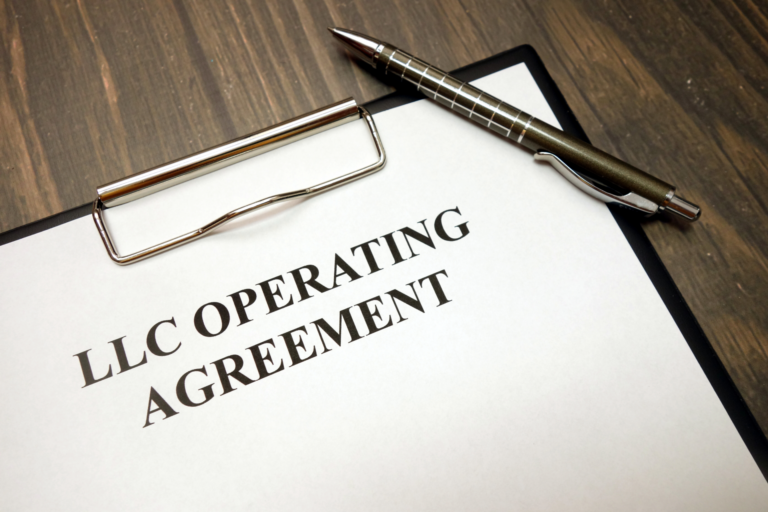Florida law defines the term “estate” as all the assets owned by a particular person at death, including real property. If someone dies owning a house in Florida, the property must be inherited by the decedent’s beneficiaries or heirs.
What happens if you inherit a house with a mortgage in Florida? Read on to find out.
Florida Probate Law – The Basics
When someone dies owning property held solely in his or her name, the property must go through probate before the beneficiaries can inherit it.
During probate, a Florida court will verify the validity of the decedent’s will and ensure the distribution of the estate occurs according to the instructions outlined in the document. If the decedent died without a will (intestate), the court must distribute the estate according to a statutory order of preference.
Florida law provides that debts owed by the decedent at the time of death must be paid from the estate. Generally, the decedent’s beneficiaries (or heirs) are not responsible for paying for the estate’s outstanding debts with money from their own pockets. But every rule has an exception.
If a Florida resident dies with a mortgage debt pending on his or her house, the decedent’s estate is not liable for the debt.
Unless the last will has explicit language instructing the payment of a mortgage on a property using assets from the decedent’s estate, it is not possible to use an asset from the estate to pay the outstanding amount.
What Happens If You Inherit a House With a Mortgage in Florida?
A mortgage lien remains attached to the property after its owner’s death, as the borrower’s passing does not automatically extinguish the debt underlying the mortgage.
While the individuals who inherit the mortgaged property are not directly responsible for the owed amount, failing to stay current with the payment will likely lead to foreclosure.
In such cases, the creditor can file in court to obtain a deficiency judgment. The heirs are still not responsible for the debt, but a deficiency judgment would permit the creditor to foreclose the home and sell the asset to recover the amount owed in the mortgage.
Unless the amount of debt on the mortgage equals or surpasses the property’s market value, the new owner will lose valuable equity if a bank forecloses the home. Please note that trying to work your way out of the situation can only worsen the scenario.
The best approach is to rely on expert legal advice to identify a feasible solution. Depending on the case, it is possible to rent the property, sell it out, or even use a refinancing strategy.
Renting out the property would allow the new owner to use the tenant’s payments to stay current with mortgage payments. Selling the property would be the ideal solution for beneficiaries (or heirs) that prefer to seize advantage of the existing equity on the property.
Refinancing the mortgage allows the new owner to replace the current mortgage plan with a newer one, often with different conditions and interest rates.
As long as the new mortgage makes monthly payments affordable, refinancing the property offers a reasonable solution for those not willing to get rid of inherited property.
Inherited Property vs. Mortgage Liens in Florida – Immediately Contact Jurado & Associates, P.A.
Find an ideal solution for your case by consulting an expert attorney from Jurado & Associates, P.A. Contact us by calling (305) 921-0976 or emailing [email protected] for an individual assessment.






